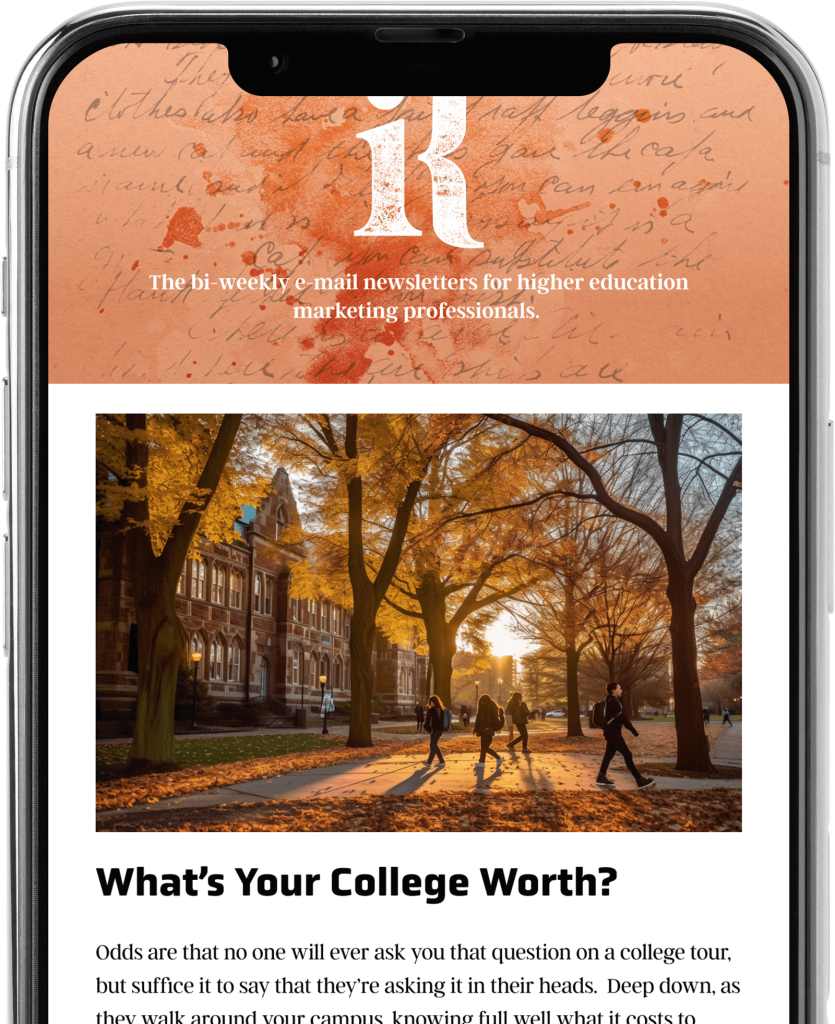Featured
This School Is Not For You

I always enjoy hearing from parents about their college trips—the campuses they visit, their kids’ reactions, and the memorable moments from their tours. These stories offer fascinating insights into what stands out to prospective students and their families.
Recently, two parents shared stories with me that highlighted an intriguing trend. Despite visiting different campuses, both parents heard the same unexpected message: “This school isn’t for you.” At first, this might seem counterintuitive. After all, aren’t colleges supposed to encourage applications? But there’s more to this than meets the eye.
The first parent I spoke with has a child interested in architecture. They visited several schools renowned for their architecture programs. During one tour, after discussing the curriculum, values, and campus life, the student guide mentioned, “By the way, we’re pretty focused on community development and a team approach to the craft of architecture. If you’re looking to become a ‘starchitect’—a superstar in the field with a big name—this school isn’t for you.”
The second parent’s daughter was searching for a solid four-year college where she could receive a good education while exploring her career options. They toured a well-known institution with a strong research reputation which happened to have a Baptist heritage. On their tour, the student ambassador explained, “By the way, we’re a Christian school, and we don’t shy away from that. The Christian faith is an integral part of our campus culture. If that’s not something you’re comfortable with, this school might not be for you.”
In both cases, these ambassadors weren’t merely narrowing the pool of potential applicants; they were making a powerful statement about their institutions’ identities. By articulating who they are *not* for, they are effectively communicating who they *are* for. This clarity helps prospective students understand the campus culture and evaluate whether they would thrive there, ultimately benefiting both the institution and the student.
Research supports this approach: a study by Eduventures found that 69% of college-bound students choose a school primarily based on whether it feels like a “good fit” for them. And according to the National Student Clearinghouse Research Center, institutions with a strong sense of identity and mission often have higher retention rates, suggesting that students who feel a sense of belonging are more likely to stay and succeed. Institutions all know this, certainly. But are we actually walking the talk?
In a landscape where many colleges are hesitant to define their unique attributes, fearing it might limit their appeal, this honesty is refreshing. It’s about finding alignment between the student and the school—ensuring that both parties are set up for success.
So, here’s a question for your institution: Who are you not for?
Like what you're reading?
Subscribe to our newsletter to get the latest insights in Higher Education and thought leadership.


